
Good nutrition is just as important for the nursing mother as it is for the baby. The quality of the milk in normal conditions is usually always the same, and it is only degraded in case of certain deficiencies and due to malnutrition.
However, the quantity of the mother’s milk can vary and sometimes the breasts can produce insufficient amounts of it. This depends largely on the nursing mother’s diet. She needs nutrients not only for her nutritional needs, which are higher in the period after the delivery, but for the production of milk too.
In case the mother does not eat well, the baby will not suffer but the mother’s health will, because the milk production is the first priority.
The basics
Proper intake of water and other fluids is very important, because a large portion of it goes for the milk production.
As for the calorie intake, it should be around 2,500 calories per day or even more. However, this does not mean the nursing mother should eat anything she wants or craves, like sweets or fried foods. The calories should come from healthy foods, like fruit, vegetables, whole grains, protein and such.
The calorie intake should be distributed in five meals- breakfast, lunch, snack, dinner and evening snack.
Many experts recommend taking supplements in the postpartum and nursing period. It is especially important to take B complex vitamins, concentrating particularly on vitamin B9 or folic acid.
Zinc supplements are also needed, because pregnant and nursing women often lack this nutrient. Nursing women also need 1.200 milligrams of calcium per day, which in most cases cannot be obtained through food, so it is recommended to take supplements.
What to avoid
Everyone knows that pregnant women should not smoke or drink, not to mention drugs. However, this recommendation extends to the nursing period too, because toxins and alcohol can harm the baby through the milk, which contains them in traces.
Nursing women should also be careful with the medications they take. Some of them can be harmful for the baby and it is important to consult a family doctor or, preferably, a pediatrician, before taking any.
Sometimes the baby reacts badly to something the mother ate. For example, it is believed that babies do not like the milk after the mother has eaten beets, garlic, onions, citrus fruits, cauliflower, watercress or celery. There is no universal rule about this and the best thing to do is to observe the baby’s reaction to the milk after having eaten certain foods.



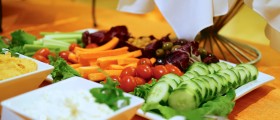

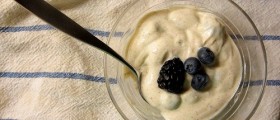
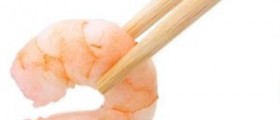

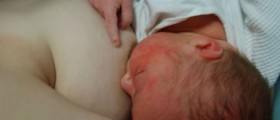


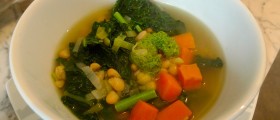
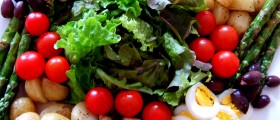




Your thoughts on this
Loading...